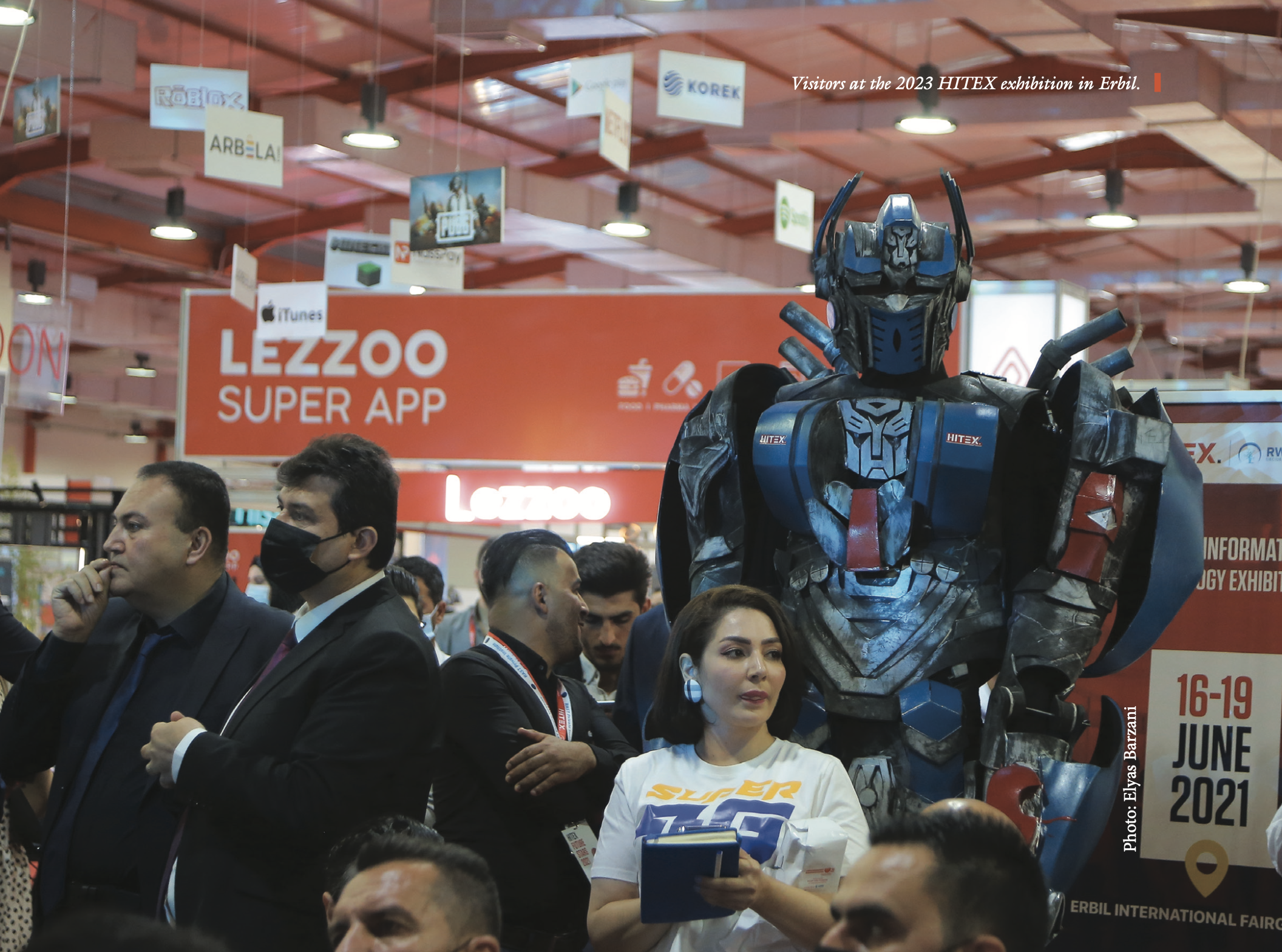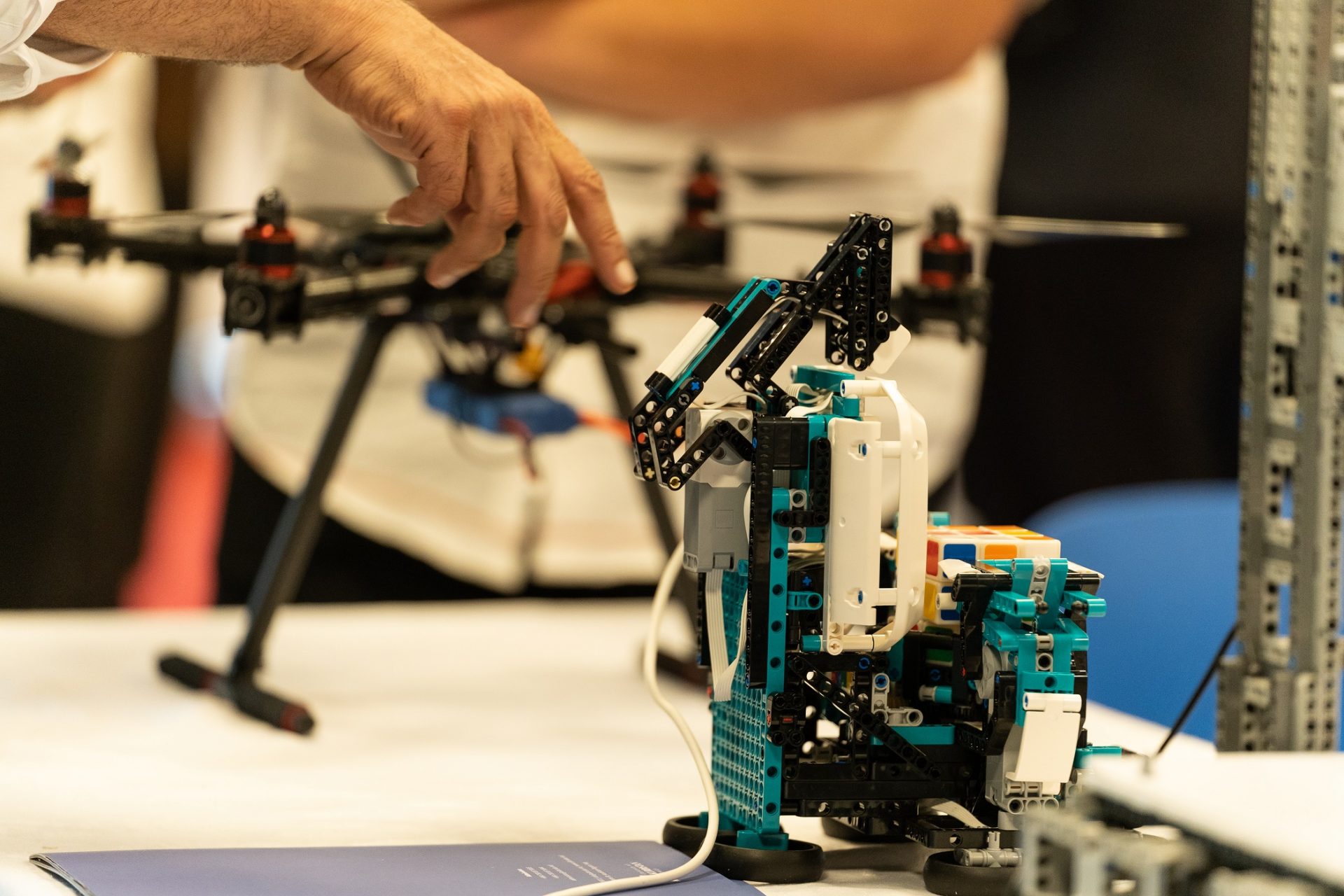Back in 2017, when I started my master’s in data science at Bologna Business School in Italy, the hype was centered around data science. A few years earlier, Harvard Business Review had published an popular article titled “Data Scientist: The Sexiest Job of the 21st Century,” which explained why data scientists would become the next big thing.
This still makes perfect sense, as we are living in an era where approximately 330 million terabytes of data are created each day. According to explodingtopics.com, it is projected that 181 zettabytes of data will be generated by 2025, a 300% increase from 2020 levels.
The world needed to make sense of all the data that was being generated, which birthed the profession of the data scientist. As I continued my studies, I attended many events where big companies outlined what the future would look like in the Big Data era and how technologies would evolve in the Internet of Things and the coming revolution of Industry 4.0.

Globalizing data
During an evening session that we held recently, we were joined by Enrico Cereda, the CEO of IBM Italy, who discussed artificial intelligence (AI) and Watson – IBM Research’s creation that runs on DeepQA software. Watson was engineered to respond to queries formulated in natural language. The presentation was enthralling; however, towards the end, I vividly recall a moment when my attention drifted, and my thoughts flew back to my homeland in the Kurdistan Region of Iraq (KRI). I couldn’t help but wonder, what about us? Can we even keep pace with the rapid evolution of technology? We seem to lag considerably behind in this new age of data-driven decision-making; in fact, our processes are so antiquated that many remain undigitized, reliant on paper. This realization struck me with both sadness and a jarring sense of reality, causing me to question our nation’s capacity to catch up. It even cast doubt on my pursuit of a degree in data science.
Fast forward to late 2022, when OpenAI released the first version of ChatGPT to the public, which gained significant popularity for its ability to interact in a conversational manner. The launch of ChatGPT-4 in early 2023 further increased its popularity, offering even more refined capabilities and nuanced understanding. The base model of ChatGPT is a large language model (LLM). One of the foundational papers that introduced the transformer model, which underpins modern LLMs, is “Attention Is All You Need” by Vaswani et al., which was published in June 2017.
However, it was only in early 2023 that LLMs and generative AI gained popularity, as people could finally interact with a ChatGPT that had been fine-tuned to understand and generate human-like text, enabling it to carry out conversations, answer questions, and perform a variety of language-based tasks, even writing articles with multiple versions. Who knows, this article might even be written by AI. The hype around AI grew, as people could finally not only read about it but also use it. Thus, you can hear news about the impact of AI and how it could replace humans in many sectors and how jobs in the future will not be performed as we know them today.
On the other hand, I could hear people express their beliefs that this hype is premature, convinced that the impact of AI will never reach us in the KRI because we are so behind. This sentiment instantly reminded me of how I felt back in 2017.

Digitizing Kurdistan
So, the question remains, are we in Kurdistan too far behind on AI? If I had asked myself in 2017, I would have immediately said yes, but what about now? As a tech person, the first thing I did was conduct some research on the internet to find answers, and one of the first things that I found was a statement from Kurdistan Regional Government (KRG) Prime Minister Masrour Barzani regarding his aims for digital transformation and a paperless government by 2025.
“At the start of the Ninth Cabinet, one of my government’s main priorities was to grant the Department of Information Technology a strong mandate to lead and deliver on Kurdistan’s digital transformation. I remain deeply committed to the objectives of this strategy and will continue to priorities its implementation.”
Before we go further, however, we need to ask ourselves: what does it take to achieve digital transformation?
Based on my experience, digital transformation requires not only building digital infrastructure but also securing financial support and fostering citizen engagement. To my knowledge, all three elements are present in our government’s strategy.
In early September 2022, Prime Minister Barzani officially launched the first data center in the KRI. This critical move is central to the Ninth Cabinet’s strategy for digital transformation and represents a significant step toward the centralization and sovereignty of data in the region.
This pivotal action laid the foundation for numerous other strategic initiatives, including MyAccount. Aimed at steering the KRI towards a cashless economy, the KRG began the digitization of salary processes for over one million public sector beneficiaries starting in September 2023.
Furthermore, the KRG has introduced an online platform (business.digital.gov.krd) to simplify and expedite the business-registration process. This initiative aims to reduce costs and streamline procedures and presents an economical and time-saving method of registration. Additionally, the portal reduces the cost of registration by 80% and aids in the registration of company names and the protection of trademarks.
One could argue that investment in the technology sector and AI requires sustainable financing. However, thanks to the strategic initiatives of the government, several achievements have been realized over the past few years. For example, through Project Bloom, the KRG provides accessible business loans of up to 150 million Iraqi dinars without the need for collateral.
Citizen engagement
Nevertheless, the existence of digital infrastructure and financial support alone may prove inadequate if not complemented by active citizen engagement. This responsibility falls on all of us, as it reflects our willingness to invest time and effort to keep pace with global technological advancements and to participate actively in this progress.
Equally important is the role of the education sector in fostering an environment conducive to research and creativity. In line with this, I recently came across uplifting news: the American University of Kurdistan (AUK) received a $3.75 million grant from the U.S. Department of State through a grant program called “Support to American-Style Higher Education in Iraq,” which includes scholarships for incoming students. One of the primary goals of this program is to promote sustainable and innovative technologies through the establishment of an Artificial Intelligence Lab that will serve as a dedicated hub for research and development.
It is also worth mentioning that, as you read this article, MEPS 2023 is taking place in Duhok – a premier forum dedicated to peace and stability in the Middle East. Since its inception in 2019, the MEPS Forum has been an annual summit, providing a space for candid discussions on the most pressing issues facing the Middle East and North Africa. And, appropriately, one of the main topics at MEPS 2023 is advancements in AI in the Middle East.
Daring to innovate
Now, back to the pivotal question: can we in the KRI ride the AI wave and be part of the hype?
With the KRG’s commitment to digital transformation over the last four years, especially in the realm of digital transformation, and the growing individual interest in this sector within the KRI, it seems we are on the right path to harnessing AI’s potential. Although it is true that we are at the initial stages, the light at the end of the tunnel is already visible.
Now is the ideal moment to invest in oneself and in the AI sector in the KRI, where the government is laying the groundwork for a digital government, encouraging investment, and fostering individual creativity. This is exemplified by initiatives such as the Kurdistan Innovation Institution. The establishment of the innovation house, as articulated by the Prime Minister, is “specifically tailored to our youth, providing the equipment and financing necessary to pursue their ideas,” and it is a place that welcomes “anyone who dares to innovate, who wants to devote their time to research and entrepreneurship, and the development of technology.”
The excitement around AI is palpable, and with all the necessary components in place, we can be a significant part of this movement. So, let us embrace it.
Dania Albanaa is a consultant at TMC, brings over a decade of experience in data analytics and digital transformation initiatives across Italy, Spain, Belgium, and Portugal.

